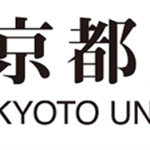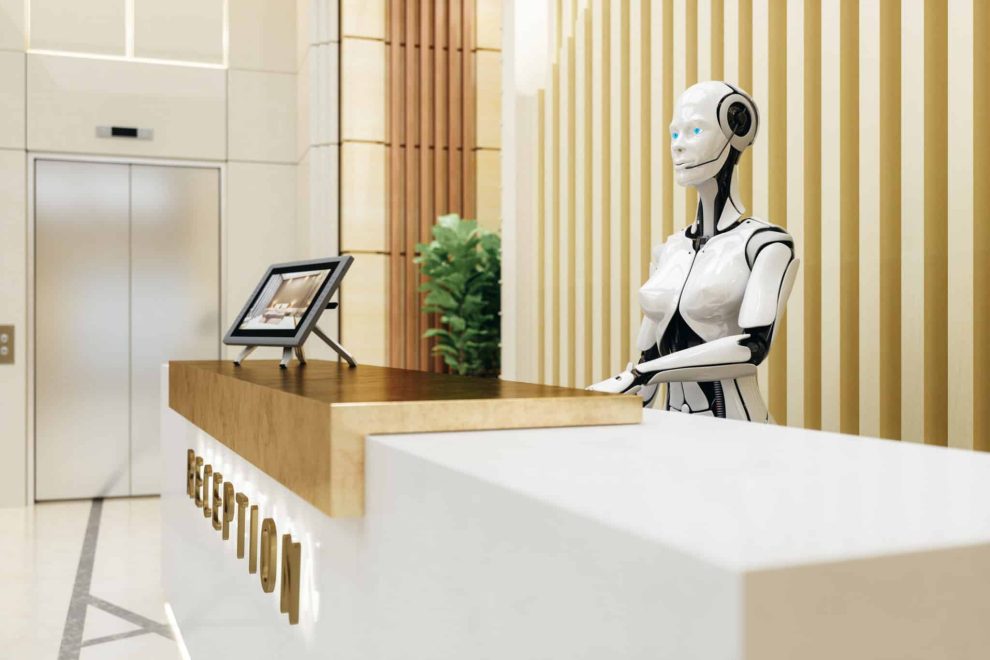Artificial intelligence (AI) is changing the economic landscape and expected to boost global GDP by trillions of dollars in the coming years. It is one of the most significant commercial opportunities in the world. But how will it play out in the hospitality and tourism industry?

According to HotelTechReport’s State of Hotel Guest Technology Report 2024, 70% of the 400 hotel guests they surveyed said they still prefer the human touch when managing complex queries and 65% would like the technology in their hotel to be more advanced than what they have at home.
It’s a knife edge – on one hand, people are the heart of hospitality, on the other, ignoring the value of AI can potentially impact a hotel’s future. If a hotel can’t offer personalization, experience enhancement, chatbot support and AI-curated services, will it be left behind? Or will this make it an oasis where the lack of technology is the value-added service, whilst AI runs in the background, smoothing over the bumps and easing guests into their experiences?
Some hotels have already stepped into technology with immersive experiences and digital room replicas. “We launched our first use of AI for our meeting experiences called Meetings Unbound,” says Stephanie AbouJaoude, Senior Area Director of Marketing & Communications – Middle East, Africa, Turkey & Mediterranean at the Radisson Hotel Group. “We’ve leveraged AI technology to offer these creative and visual meeting experiences for our delegates.”
More from Brandvoice
BrandVoice Partner | Paid Program

BrandVoice Partner | Paid Program

BrandVoice Partner | Paid Program

This is very much in line with what is being described as the ‘era of hospitality’ where personalization, engagement, human connections, and the co-creation of experiences are becoming the standards against which hospitality is measured.
There is a need for data, insights, and emergent technologies to provide the sector with the tools they need to ensure they meet the expectations of an increasingly discerning traveler.
“You have to ensure the guests you’re attracting are delivered what they’re expecting. Personalized experiences are absolutely essential, everyone wants that Instagram image, that experience,” says Neil Hughes, Managing Director, Providence Hotels, who also points out that while he does use a digital ecosystem to connect with customers, the use of AI remains at the base level. “I think people need human interaction. AI is cold – no matter how you load it with chatbots and virtual assistance, you will never achieve the personal level you can with a human on the phone. AI is valuable and absolutely can support personalization, but we’re not at a level where we will turn an AI engine on and it can handle everything from campaigns to customer service.”
A warm greeting and shining eyes.
Certainly, this is what most people would prefer rather than being caught up in a tangle of technology which is invariably frustrating and complex. Is AI ready to use the technology?
“The truth is AI is in use by the hospitality sector in Africa, and it is being used in really interesting ways,” says Chris Godenir, General Manager of Dream Hotels’ Peninsula All-Suite Hotel in Cape Town, South Africa. “We’re using it extensively in our back-end to manage check-ins, applications, arrival emails, questionnaires, WhatsApp conversations – we always provide people with the option to turn to a human, but we use the AI to the best of our ability in our business.” While AI is not comprehensively in use by hotels across the continent, it’s not an unknown entity. As Jerry Mabena, CEO: Motsamayi Tourism Group, says: “There are two types of guests in Africa – the more established, older market and the younger generation looking for unique opportunities. The latter is where I see AI playing a big role, engaging with this technology-savvy market and curating experiences for them. AI allows us to start moving into a space where we can draw in a wider number of people by creating iconic, African experiences.”
He adds that people are also now traveling for a purpose, seeking out experiences that allow them to touch the earth lightly and AI can help the industry prioritize and meet these expectations more effectively. However, there is a need to look ahead at how AI may negatively impact the sector. It’s not a plug and play solution and it brings with it a host of risks – some expected and some unexpected.
As Noor Kapdi, Chief Executive Officer and Chairperson Africa for law firm Dentons, concludes: “The AI industry isn’t regulated in Africa, it’s hardly regulated in other parts of the world, and this creates both opportunity and risk. There’s the ethics of it – if we know how people sleep, how they like their coffee in the morning, these are deeply personal insights and managing this privacy is challenging. The only way it will be measured is through the ethical standards of each country, and we have yet to see how AI will manifest in the hospitality industry or what the consequences will be.”
AI can ease the burden of back-end admin, smooth over the wrinkles in customer engagement, simplify customer onboarding and reimagine their experiences, but it is still so new, untested, and fresh that hotels stepping forward into its potential should approach it with a balance of caution and innovation. It is not a technology leaving Africa in its dust – the sector is very much aware of what AI can do. Perhaps, instead, it is Africa that would like it to remain in the dust, for just a few more spectacular sunsets.
Source: FORBES




















Add Comment